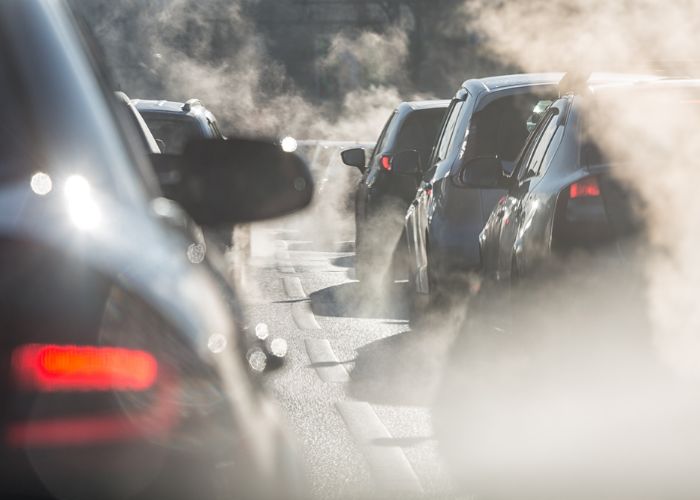In today’s world, pollution has become a grave concern for our environment. Vehicles, especially cars, contribute significantly to this issue by emitting harmful pollutants into the air. These emissions affect air quality, contribute to climate change, and have serious health implications for humans and wildlife. As responsible citizens, it is our responsibility to reduce the pollution coming from our cars. By taking small steps and making conscious choices, you can reduce the pollution coming from your car by a lot.
Regular Maintenance
Regular maintenance of your car is crucial to keep it running efficiently and reducing emissions. This maintenance involves getting professionals to service your vehicle as per the manufacturer’s recommendations. Regular oil changes ensure that the engine runs smoothly, reducing emissions. Checking and replacing air filters helps to maintain the optimal air-fuel mixture, which leads to more complete fuel combustion and fewer emissions. Regular tune-ups, which may include checking spark plugs and other essential components, ensure that the car releases fewer pollutants into the air.
Keep an Eye on Your O2 Sensor
Your car’s oxygen (O2) sensor plays a crucial role in monitoring and adjusting the fuel-air mixture, which affects emissions. A faulty O2 sensor can lead to increased emissions, one of the worst effects of ignoring your O2 sensor malfunction. This faulty O2 sensor increases pollutants and can decrease your car’s fuel efficiency. Check your O2 sensor and replace it if needed since a well-functioning sensor maintains optimal engine performance.
Drive Sensibly
Your driving habits can also play a significant role in reducing pollution from your car. Avoid harsh accelerations and decelerations, as they consume more fuel and emit more pollutants. You should also maintain a constant speed while driving on highways to improve fuel efficiency. Using cruise control during long-distance travel can maintain a steady speed and reduce unnecessary fuel consumption. Additionally, planning your route to avoid traffic congestion can minimize idling and reduce emissions.
Carpool or Use Public Transportation
Consider carpooling with your colleagues or friends for work or social events. This step reduces the number of cars on the road while also saving you both fuel and money. Carpooling can also lead to less wear and tear on your vehicle, reducing the frequency of maintenance and repairs. Another eco-friendly option is to use public transportation whenever possible. Buses, trains, and subways can significantly reduce your carbon footprint, as they are more efficient modes of transport for moving large numbers of people.
Reducing pollution coming from your car may seem like a daunting task, but by making small changes in your daily habits, you can make a significant and positive impact on the environment. By implementing these practices, you can contribute to cleaner air and a healthier planet.

















